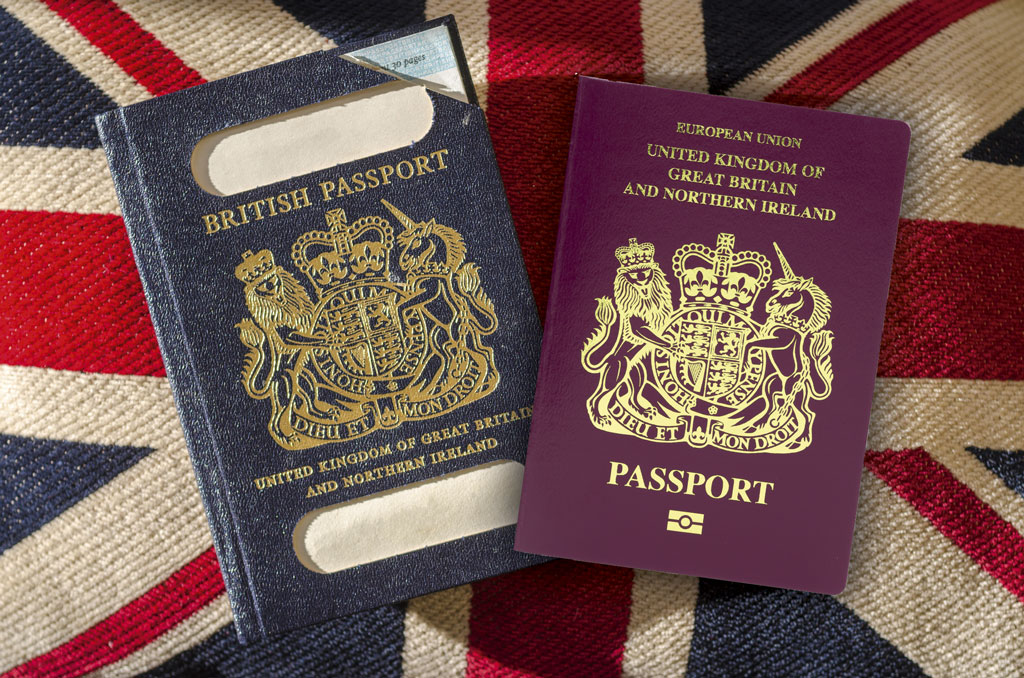
Athelstane Aamodt unravels the history of the UK passport
Passports have been in the news a great deal recently. The government's decision to award the contract for the printing of the UK's post-Brexit passports to a Franco-Dutch company Gemalto, and not to the British (but French-sounding) company De La Rue, has taken up many column inches, as has the furore that has resulted from the Home Office's mishandling of the immigration status of the ‘Windrush generation’.
We use passports all the time, not only to travel but to open bank accounts and generally to prove to people that we are whom we say we are. But what are passports? And how long have we been using them? And is it really true that the Queen doesn't have one?
Nationality and identity
A passport is simply a document issued by a country that certifies the nationality and identity of its holder (assuming that you are British, look inside your own passport and you will see that it asks—but does not grant—that the bearer is allowed ‘...









